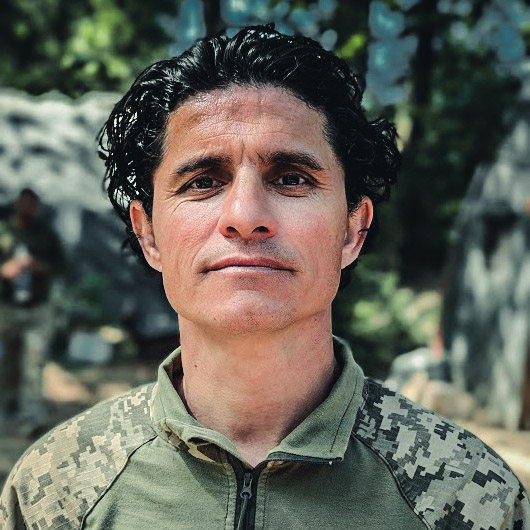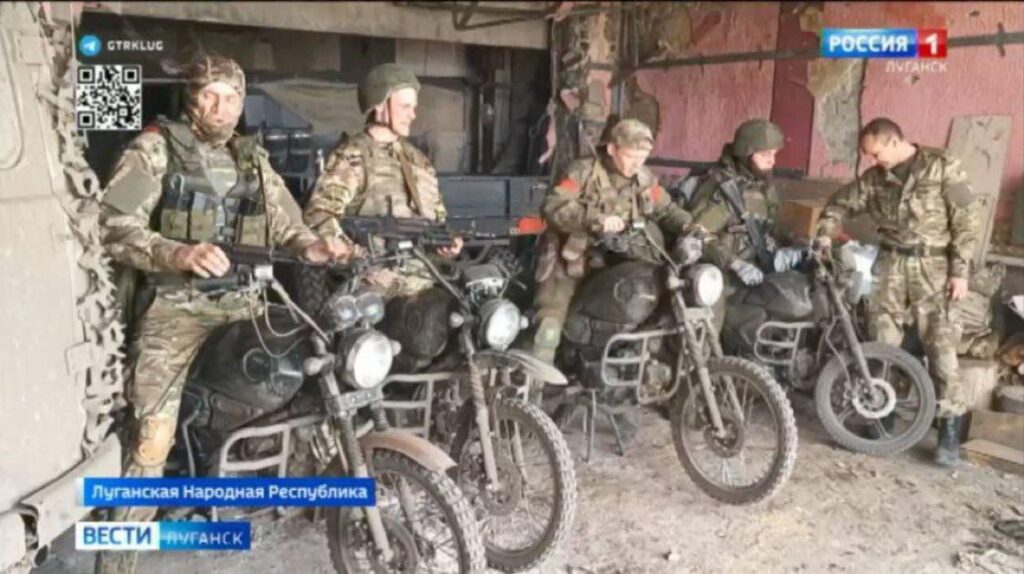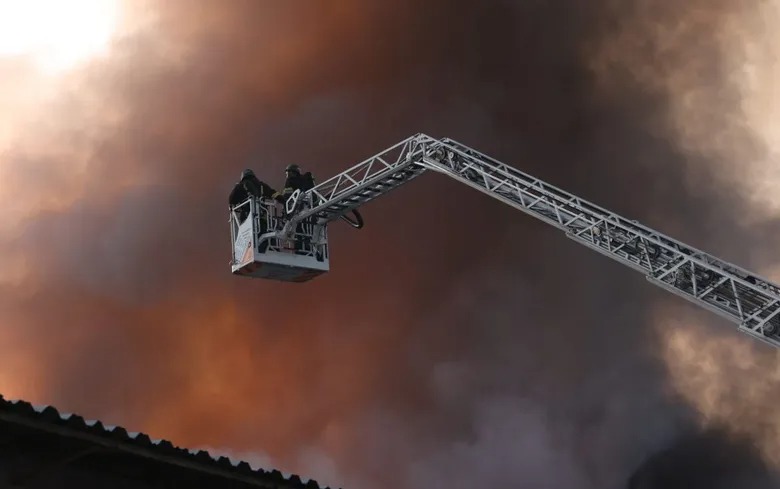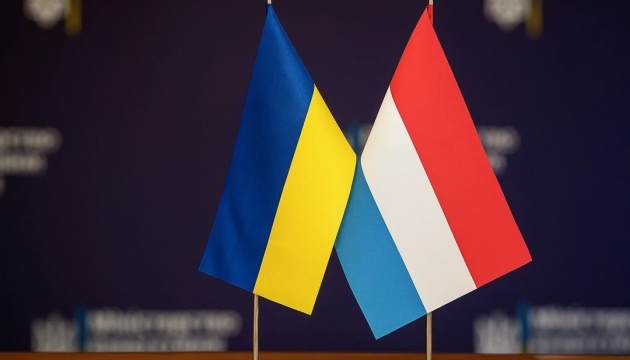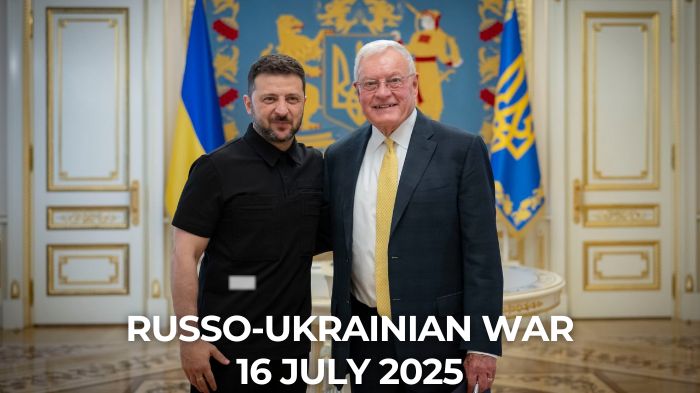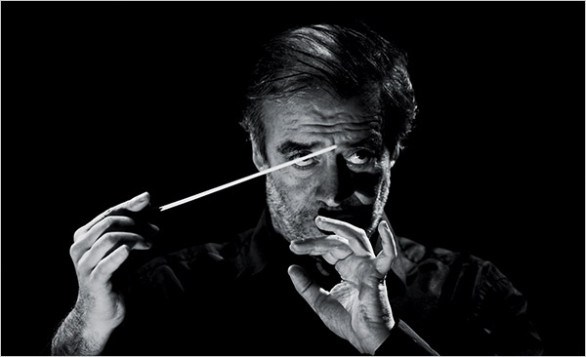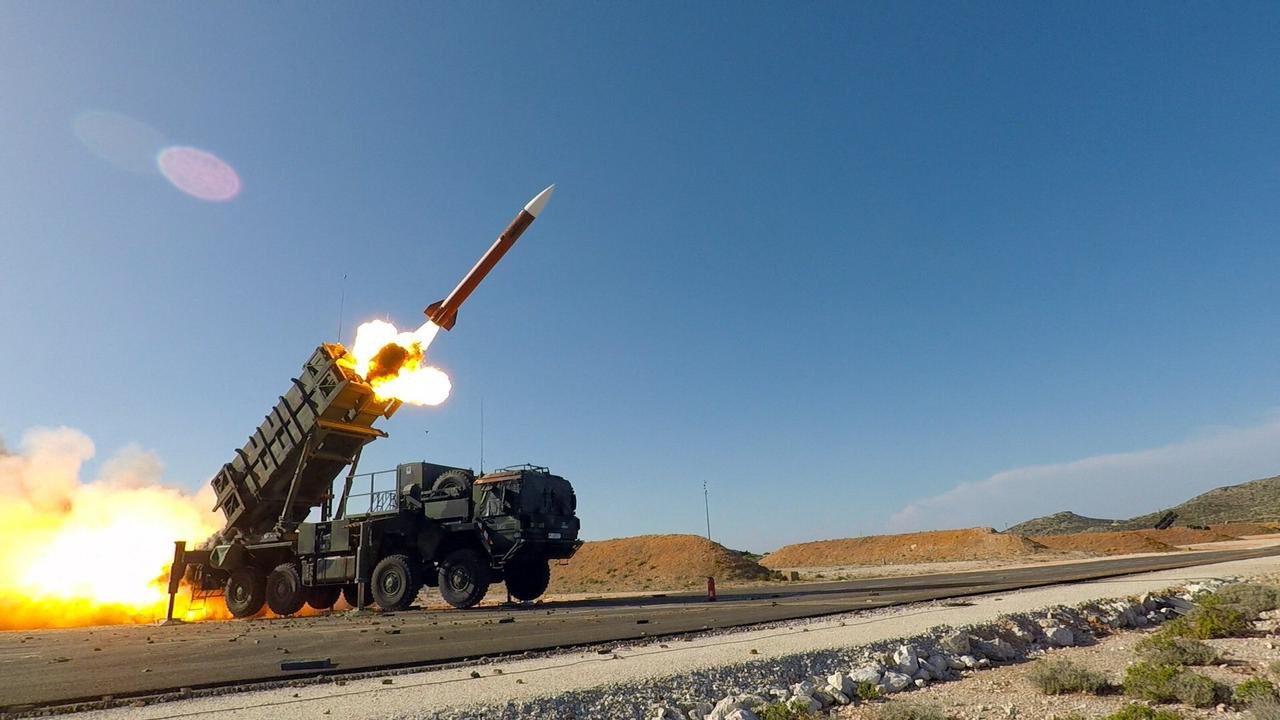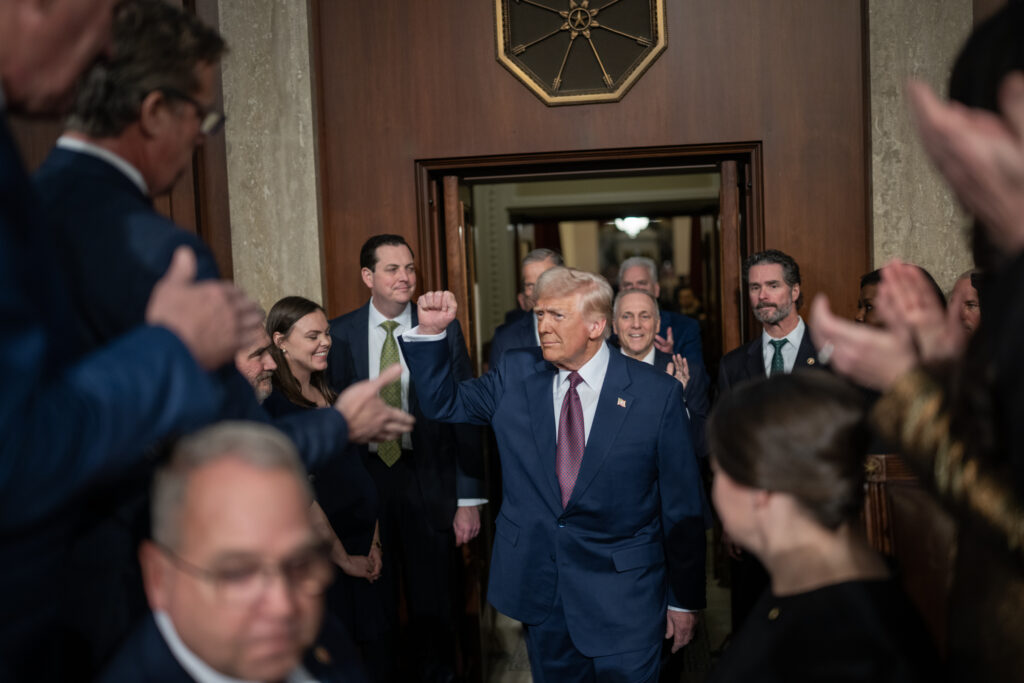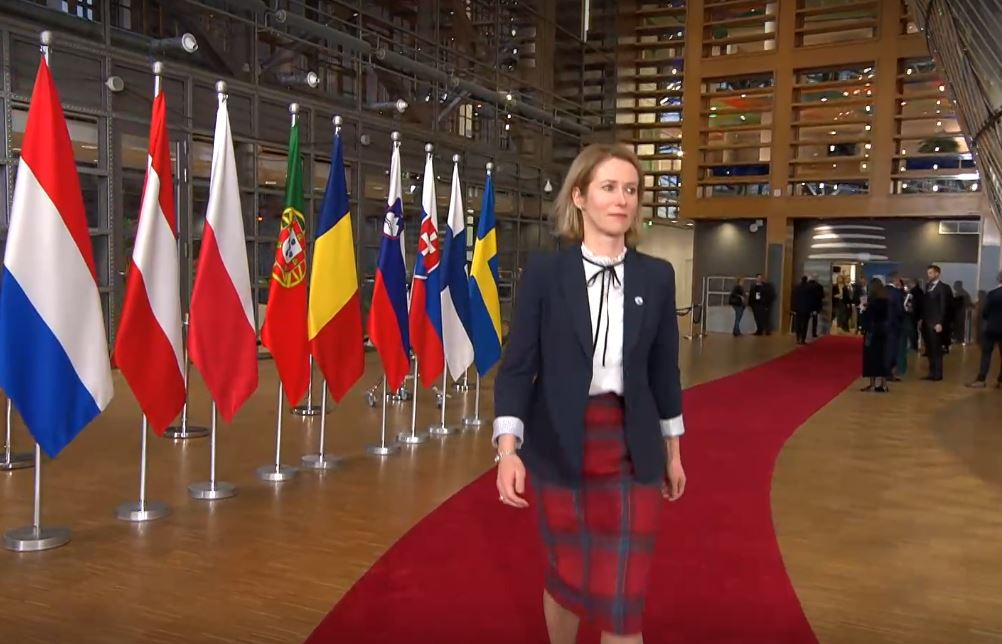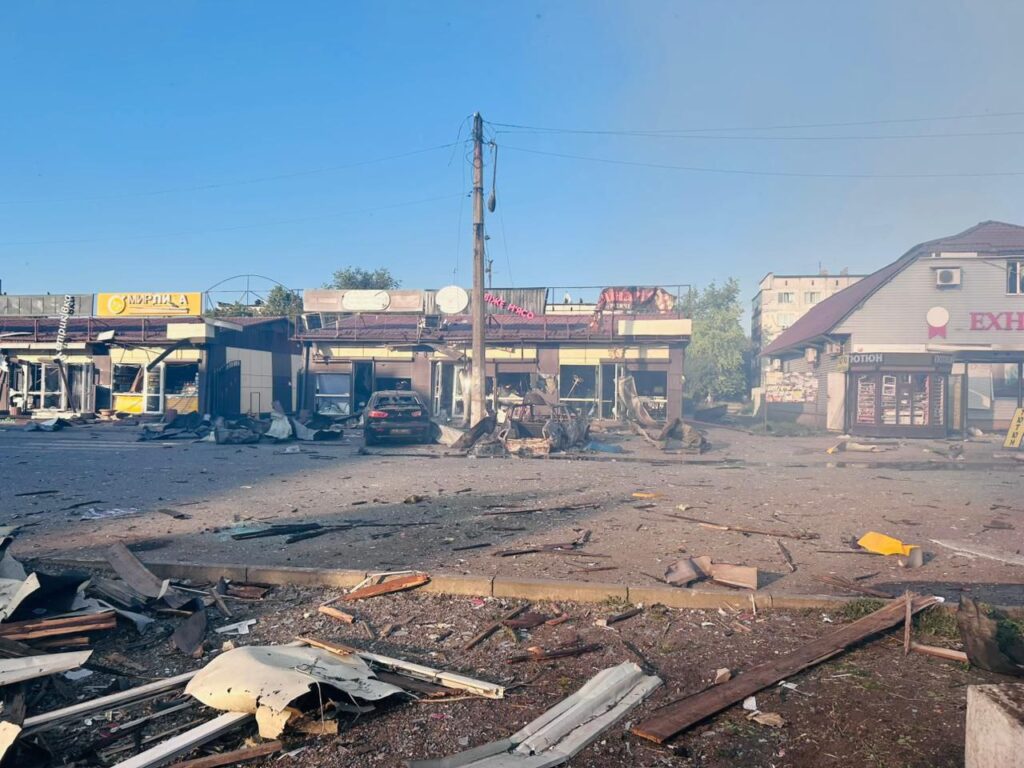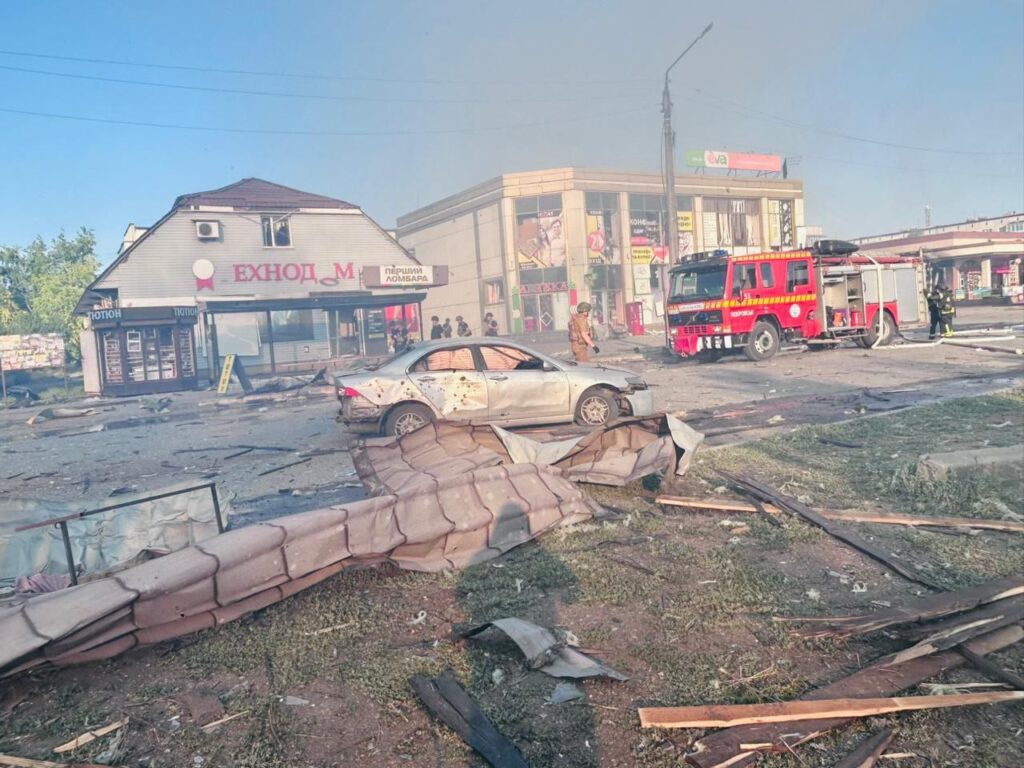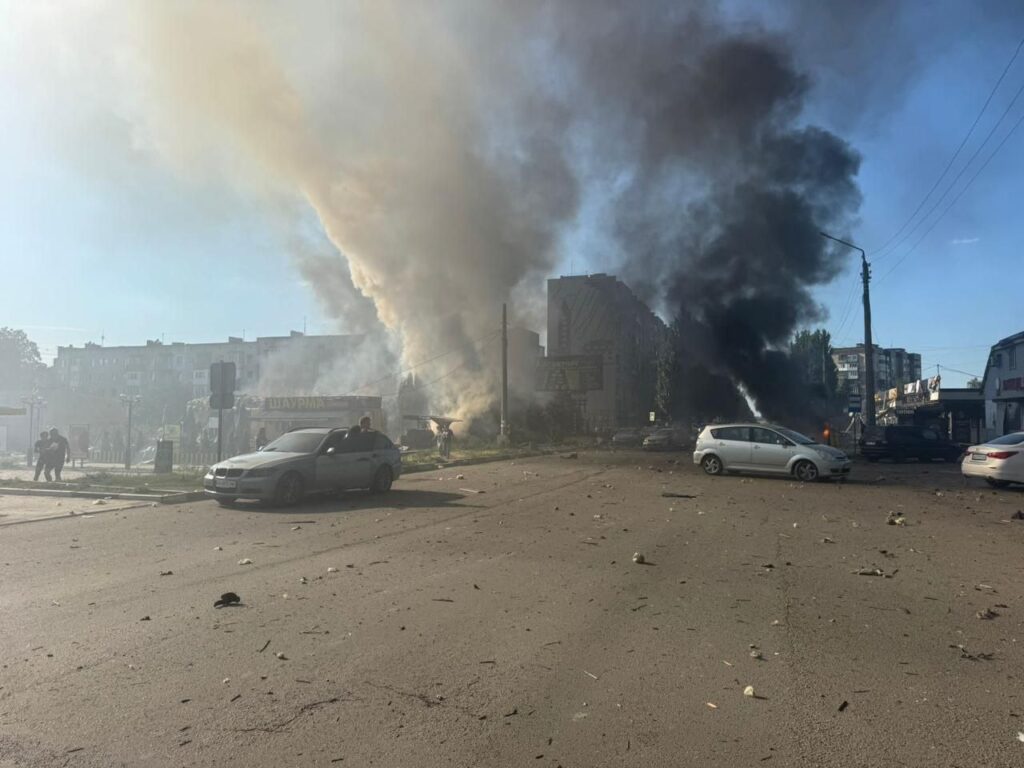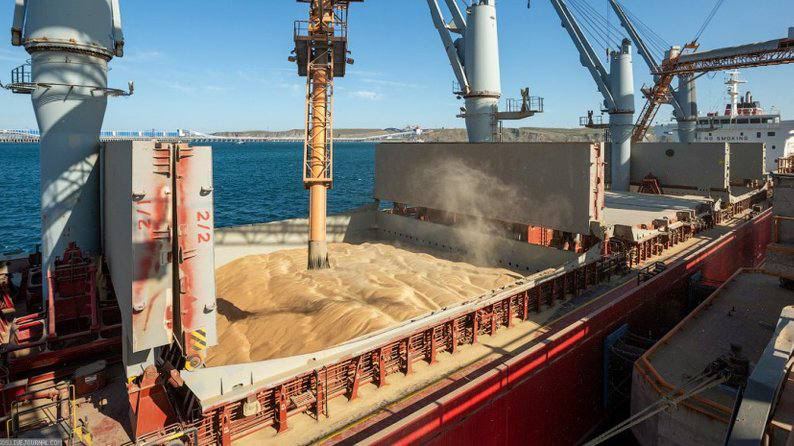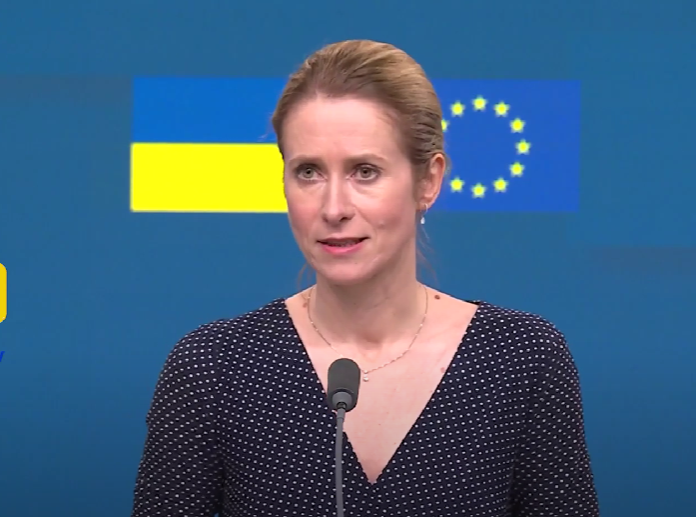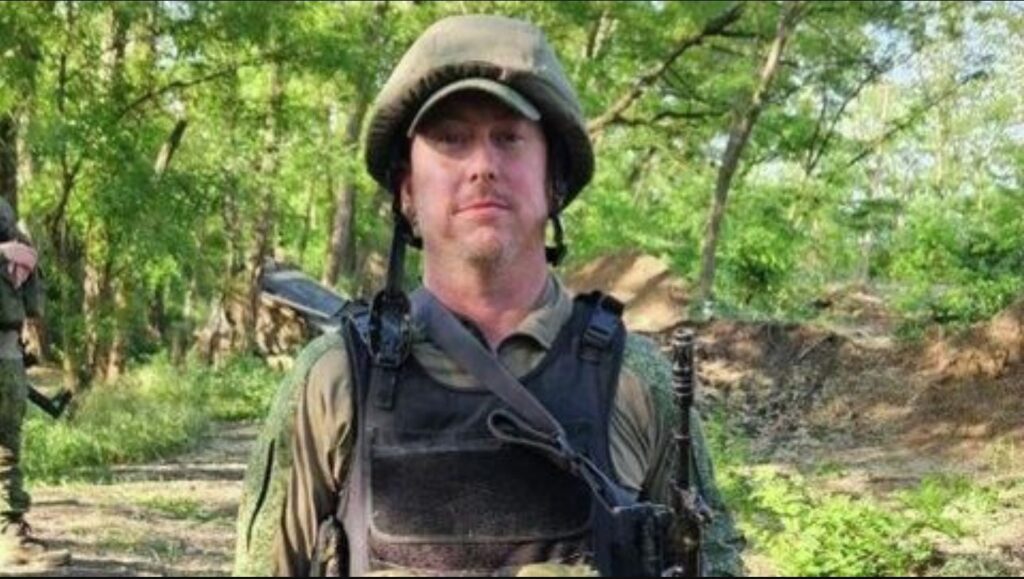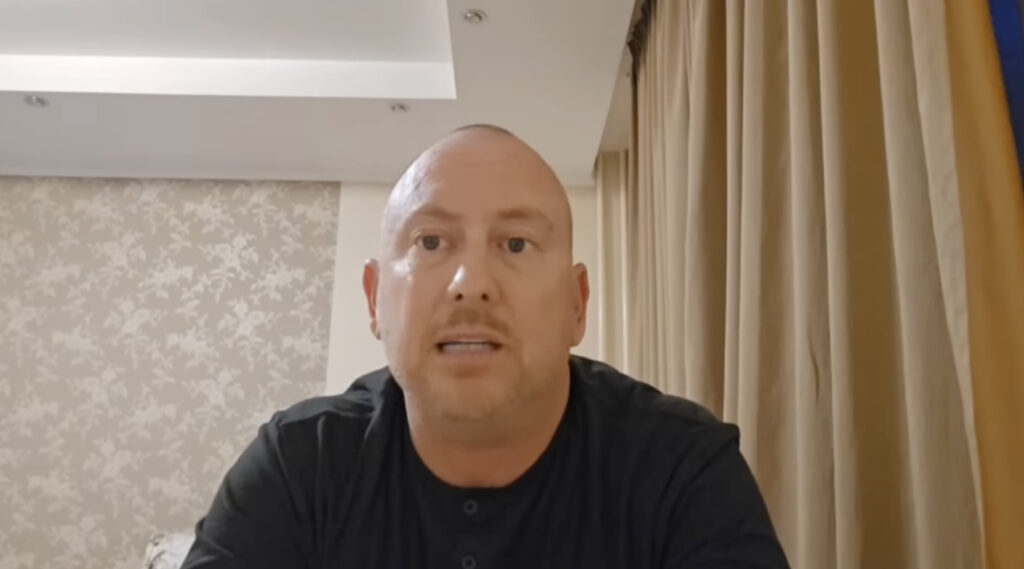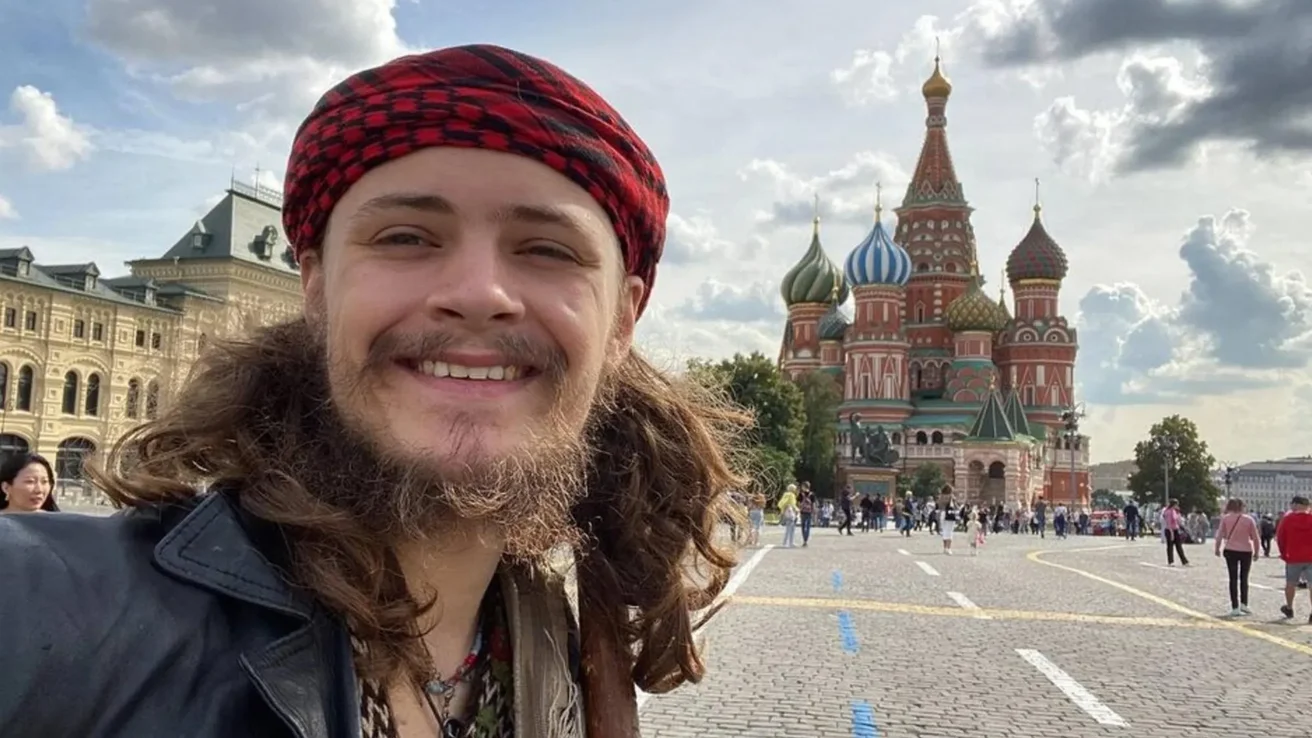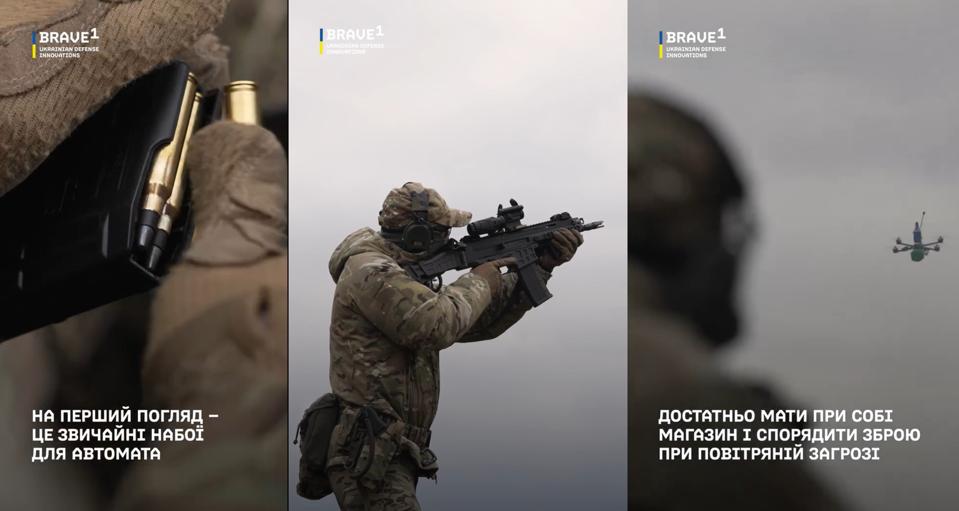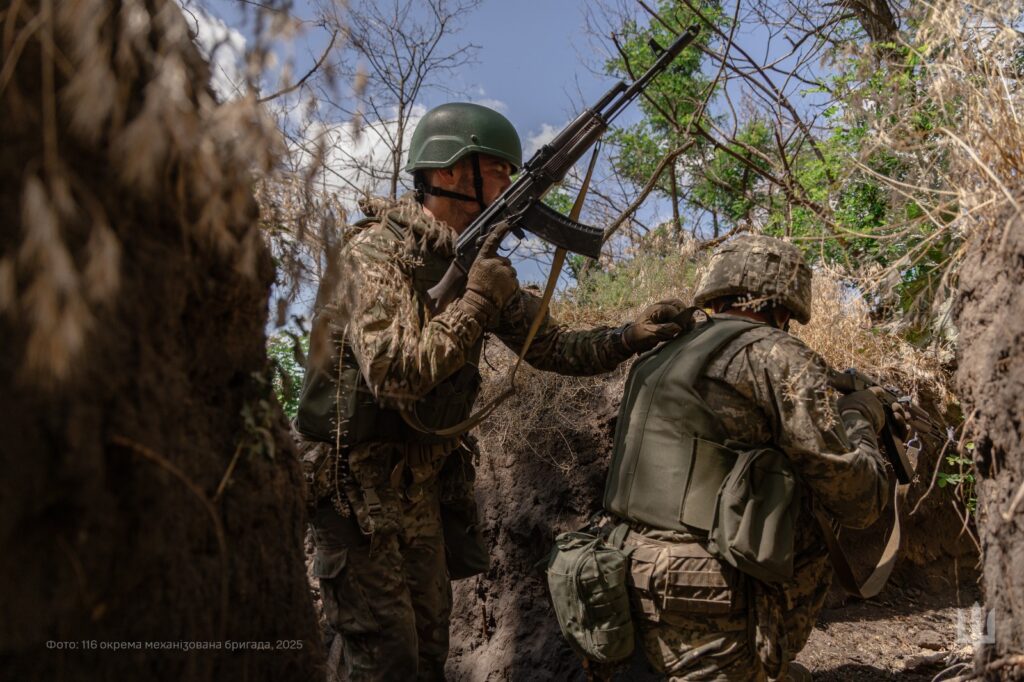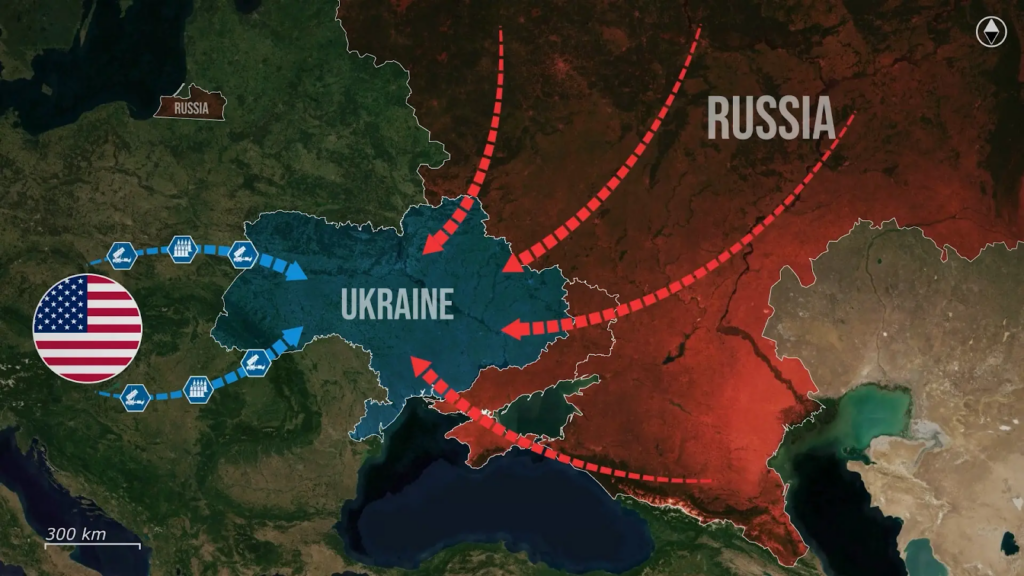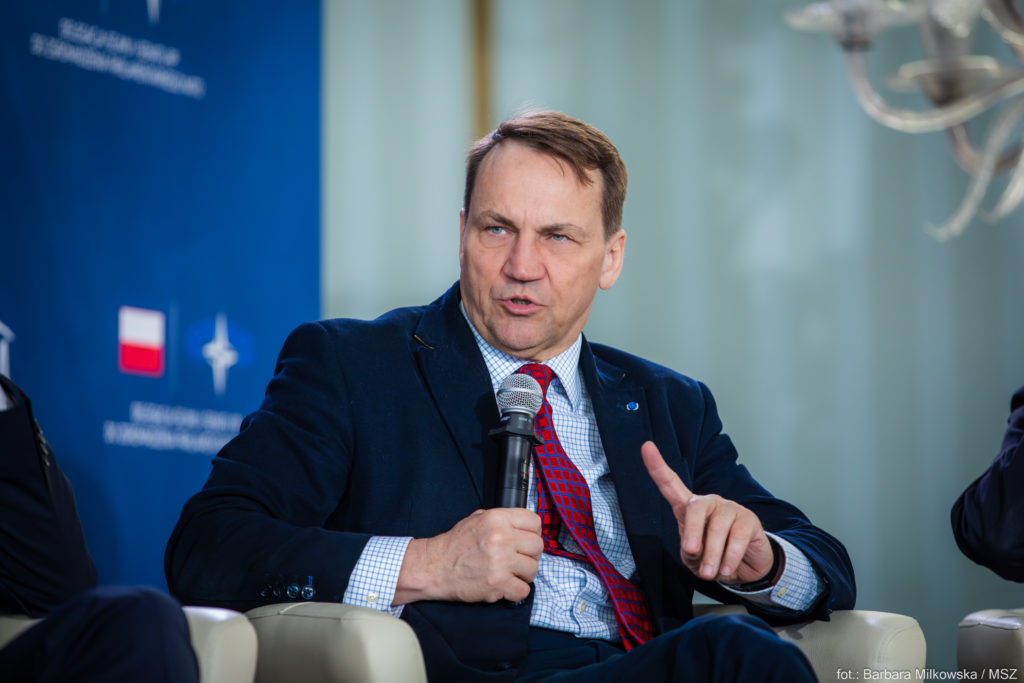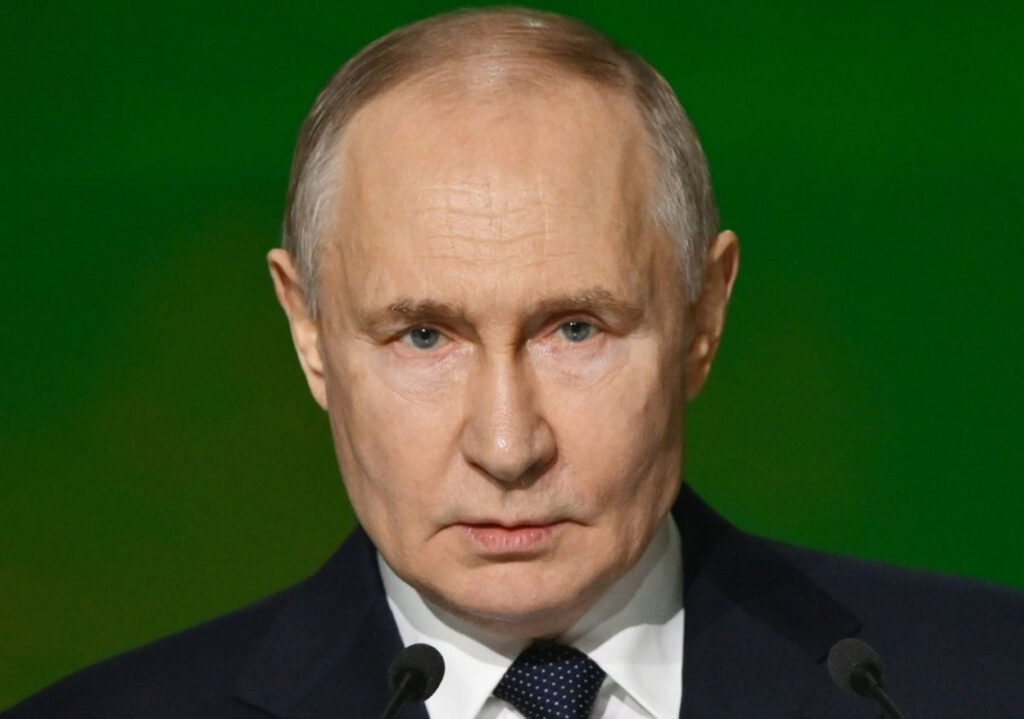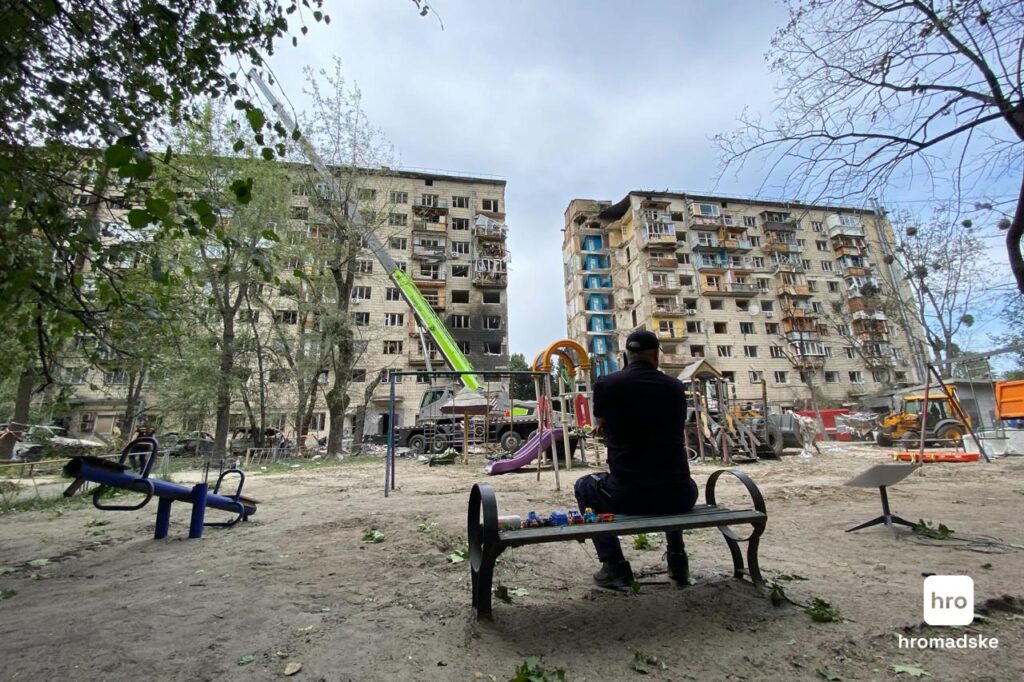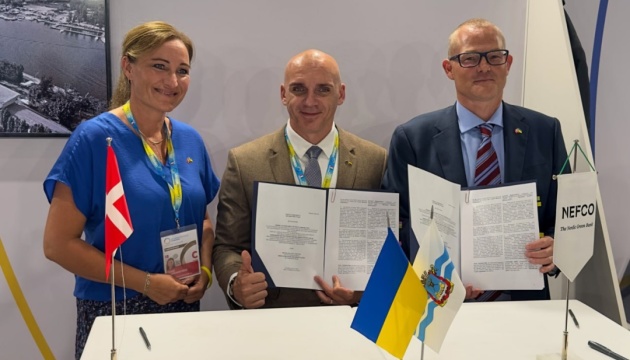Ukraine gives Moscow-aligned church ultimatum to cut Russian ties
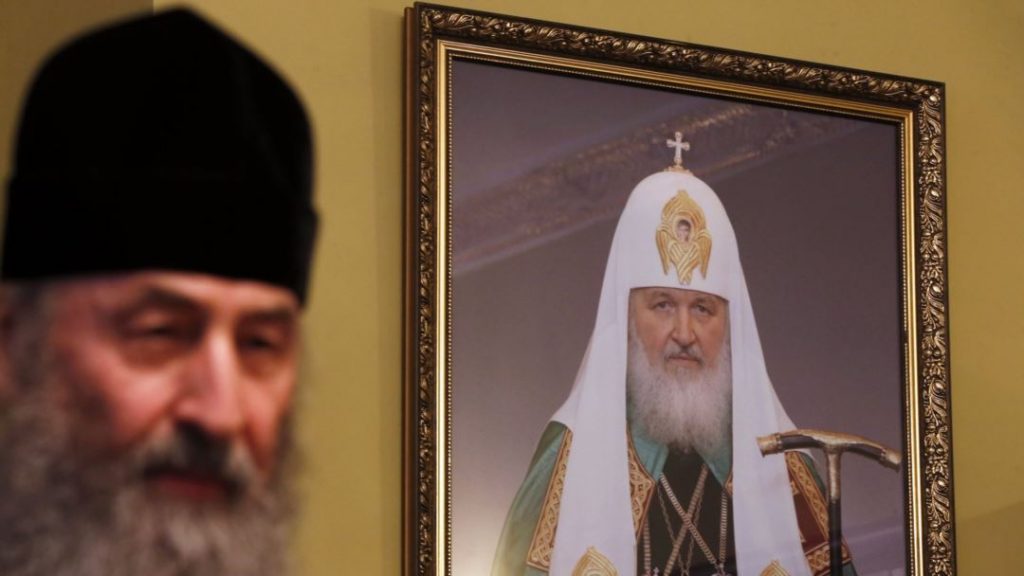
Ukraine’s State Service on Ethnic Policy and Freedom of Conscience (DESS) has issued Metropolitan Onufriy an ultimatum: prove your church actually left Moscow or face dissolution.
The directive gives the Ukrainian Orthodox Church of the Moscow Patriarchate (UOC MP) until 18 August 2025 to produce formal documents severing ties with Russia’s Orthodox Church. Three years after claiming independence, Ukrainian investigators found the church remains canonically subordinate to Moscow through multiple mechanisms—governing documents, institutional structure, and liturgical requirements.
The timing? Two weeks after Ukraine stripped Onufriy’s citizenship for allegedly hiding his Russian passport since 2002, and one week after DESS found that his church is still affiliated with Moscow.
What Ukraine actually wants
The State Service (DESS) isn’t asking for vague promises. They want Metropolitan Onufriy to provide decisions from the UOC MP’s highest governing bodies confirming the church’s exit from Russian structures. He must publicly reject any appointments to Russian church bodies and prepare an official statement terminating all connections with Moscow.
Can he do it? That depends on whether the UOC MP’s governing documents actually allow such independence—something the recent state investigation suggests they don’t.
The DESS investigation found multiple indicators of continued Russian control. The UOC MP still cites the 1990 Gramota (Charter) from then-Patriarch Alexy II as its constitutional foundation, which explicitly states the church is “connected through our Russian Orthodox Church.” The church must still commemorate the Moscow Patriarch in liturgy, have its statutes approved by Moscow, receive holy chrism from Russia, and ensure Ukrainian bishops participate in Russian church councils as obligated members.
Each requirement demonstrates canonical subordination that contradicts independence claims.
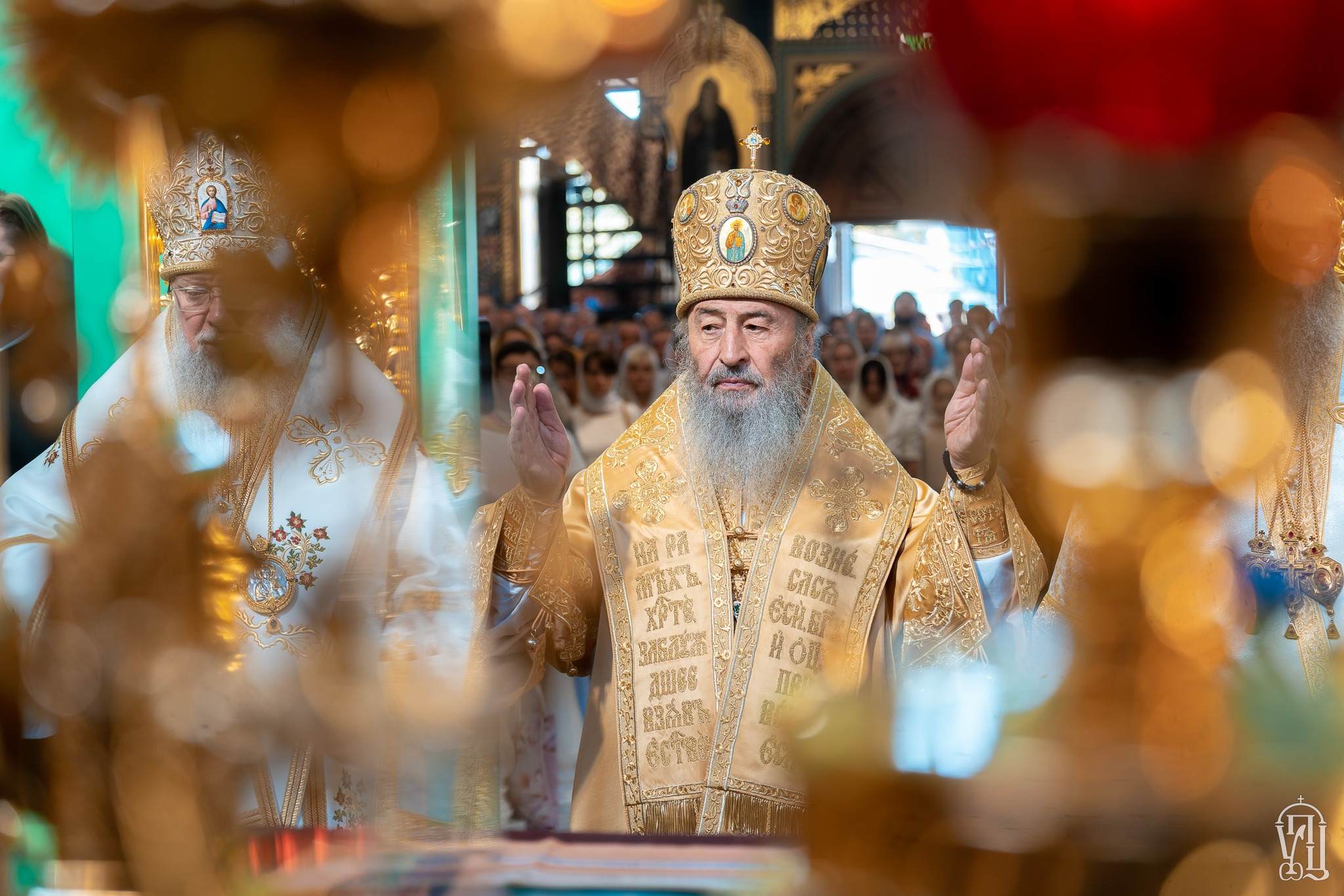
The Ukrainian Orthodox Church says it left Moscow. Documents say otherwise.
The Moscow test: when push comes to shove
Want to know if the UOC MP really left Moscow? Look at what happened when Russia started grabbing Ukrainian dioceses.
Since 2022, Russian authorities unilaterally transferred three UOC MP dioceses in occupied territories to direct Moscow control—Crimea, Rovenky, and Berdiansk. The UOC MP leadership’s response? Silence.
When 33 UOC MP bishops condemned these seizures in October 2024, did their church’s governing bodies support them? No. Complete silence again.
This stands in stark contrast to protests and condemnation when UOC MP parishes defect to join the rival Orthodox Church of Ukraine.
It shows that the UOC MP can resist when it chooses to. It just doesn’t choose to resist Moscow.
Legal machinery grinding forward
This ultimatum represents the practical implementation of Ukraine’s August 2024 law banning Russian-affiliated religious organizations. The legislation gave religious groups nine months to sever Russian connections—a deadline that’s already expired.
Theologian Cyril Hovorun, who has closely followed the law’s development, argued it’s “not primarily about the Ukrainian Orthodox Church, nor is it about banning it outright” but rather about forcing the UOC MP to “get out of this deadlock it’s put itself in” with Moscow.
DESS will now compile a list of religious organizations connected to the banned Russian Orthodox Church structure. That potentially affects the UOC MP’s approximately 8,000 parishes serving millions of faithful.
Religious scholar Yuriy Chornomorets, who participated in earlier expert evaluations, told Euromaidan Press that “the conclusions use only facts; therefore, its findings are impossible to counter.”
The UOC MP has filed a lawsuit against Ukraine’s Cabinet of Ministers over the investigation. They consistently maintain they severed ties with Moscow after Russia’s February 2022 invasion. Ukrainian investigators? They concluded these claims lack any documentary foundation.
What’s Moscow’s stake?
The UOC MP represents 23% of the Russian Orthodox Church’s parishes worldwide—the largest concentration outside Russia itself. It remains Moscow’s sole surviving pillar of influence in a Ukraine that has otherwise severed all connections to Russia since 2022.
The church’s ideological power runs deep. The fantasy of Russia, Ukraine, and Belarus as “Holy Rus” united against the “satanic West” forms the theological cornerstone of Putin’s war.
Ukraine’s Intelligence Directorate previously reported that under the guise of “religious cooperation,” the Russian Orthodox Church functions as an instrument of hybrid influence aimed at destabilizing Ukraine.
The citizenship revocation of Onufriy serves as legal theater. The real drama unfolds in courtrooms where the UOC MP’s survival hangs in the balance.
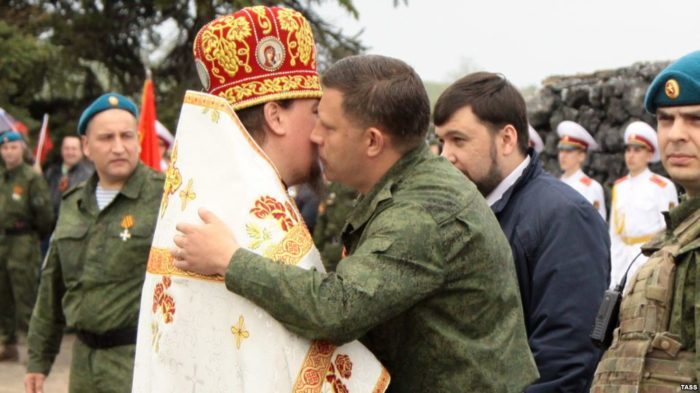
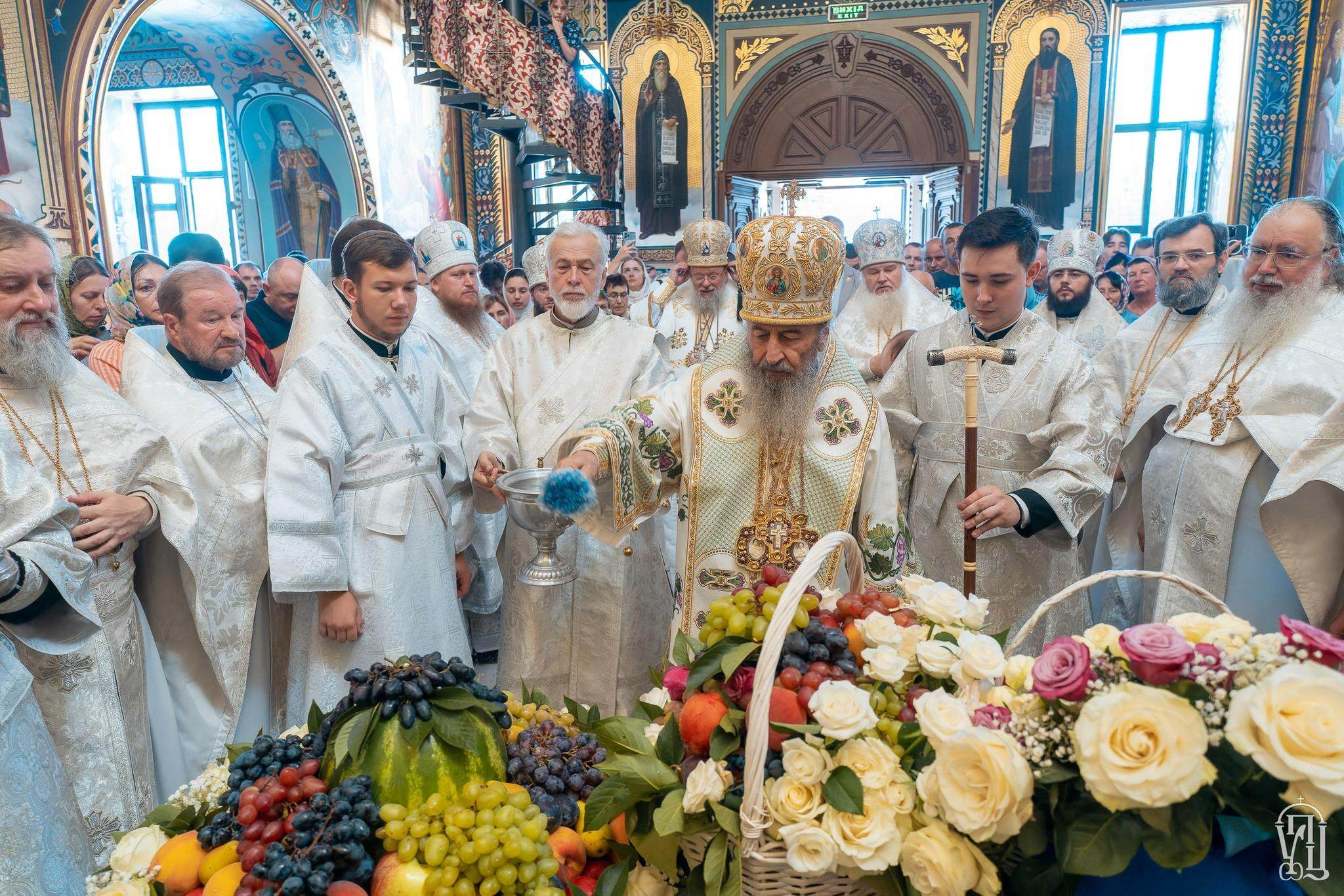


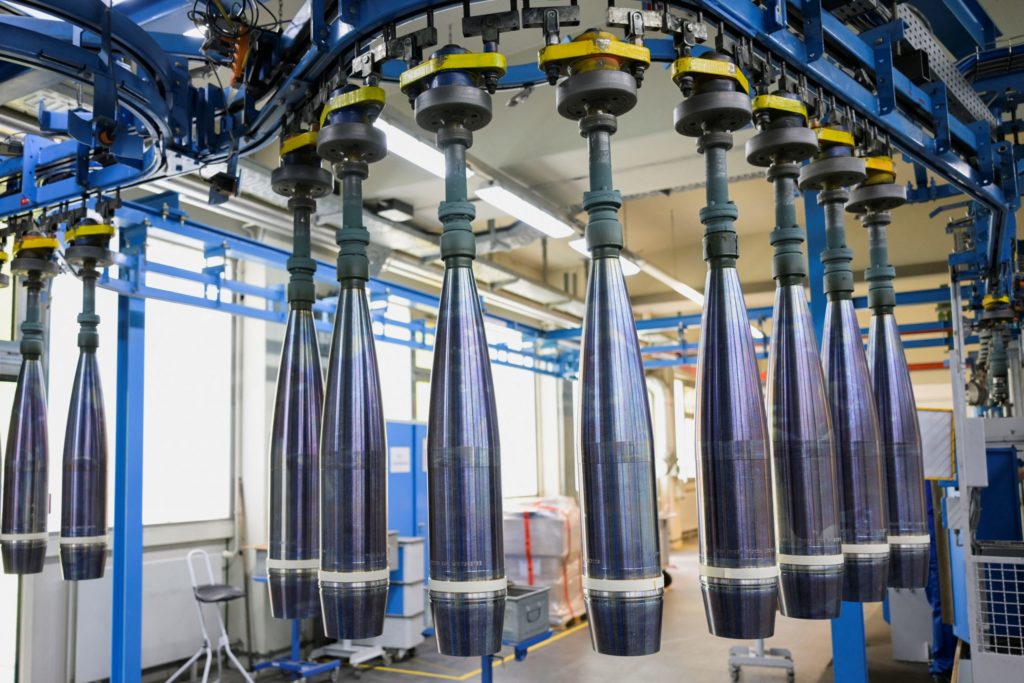
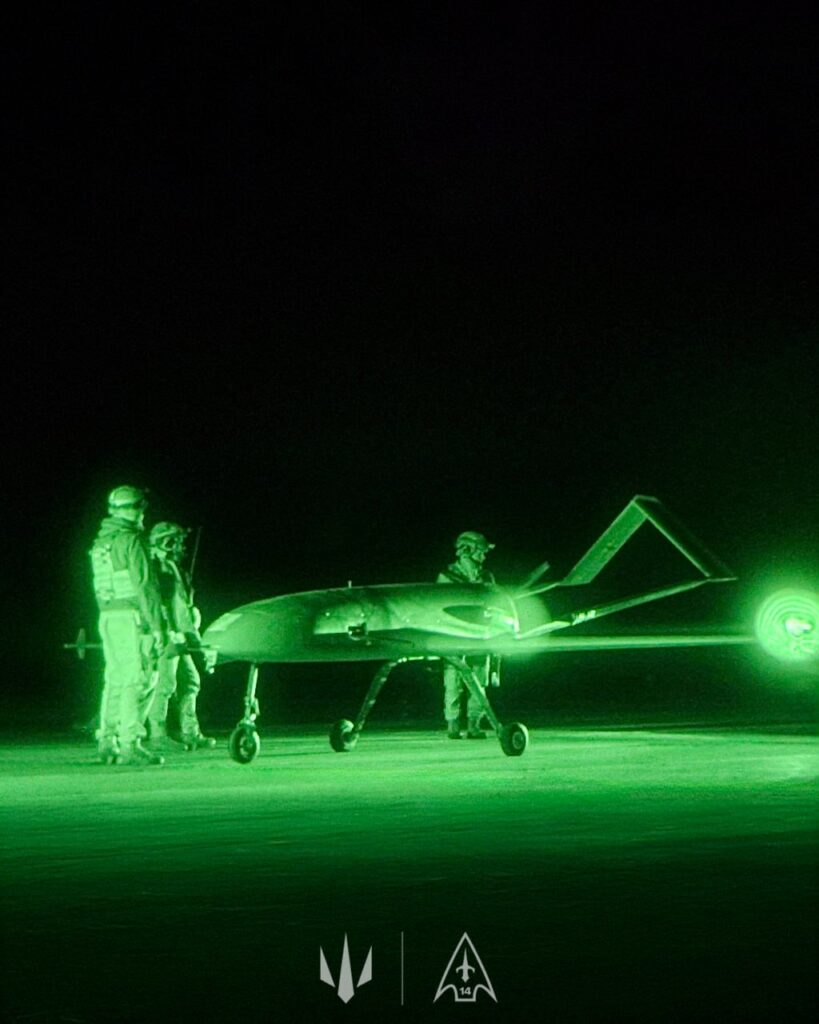
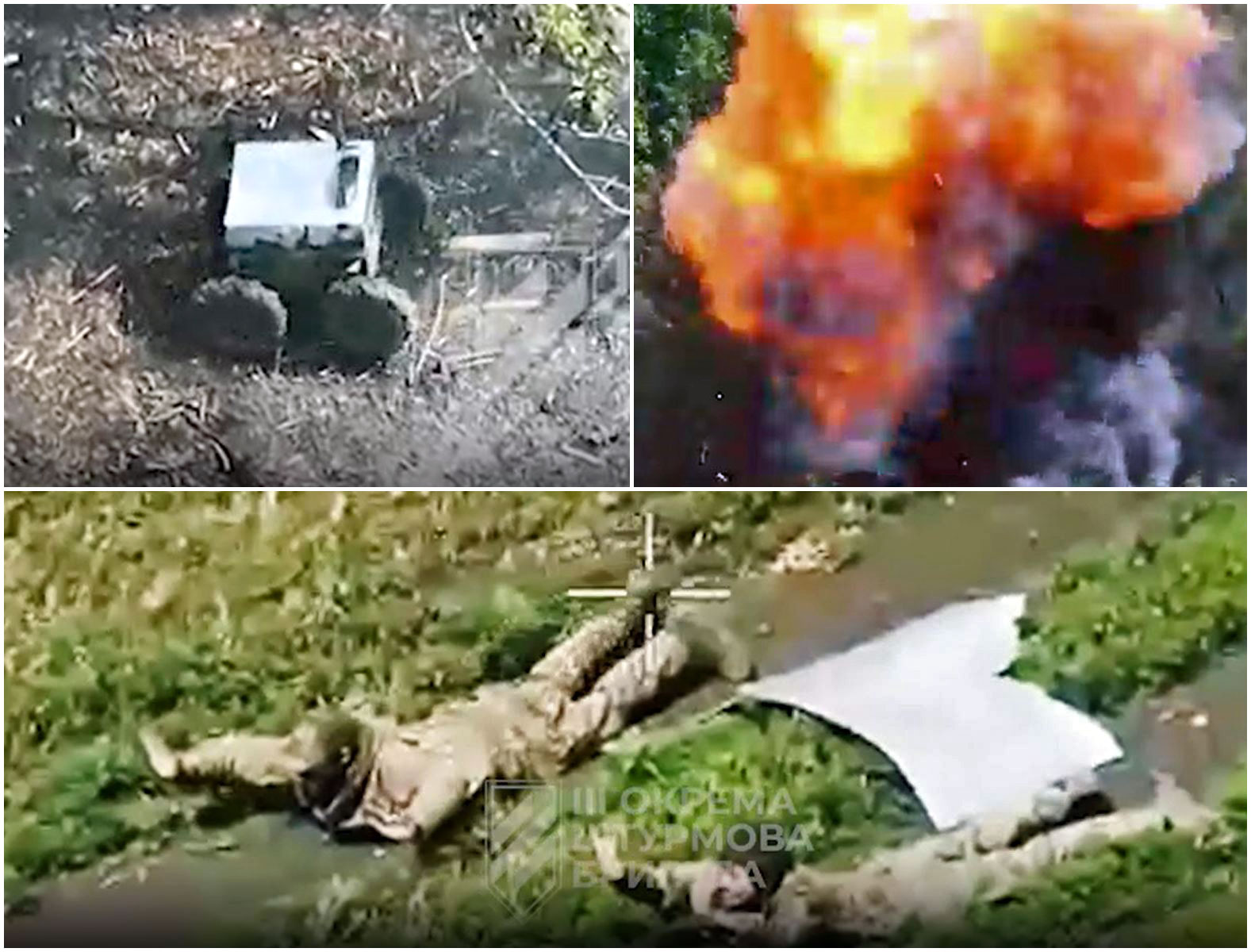

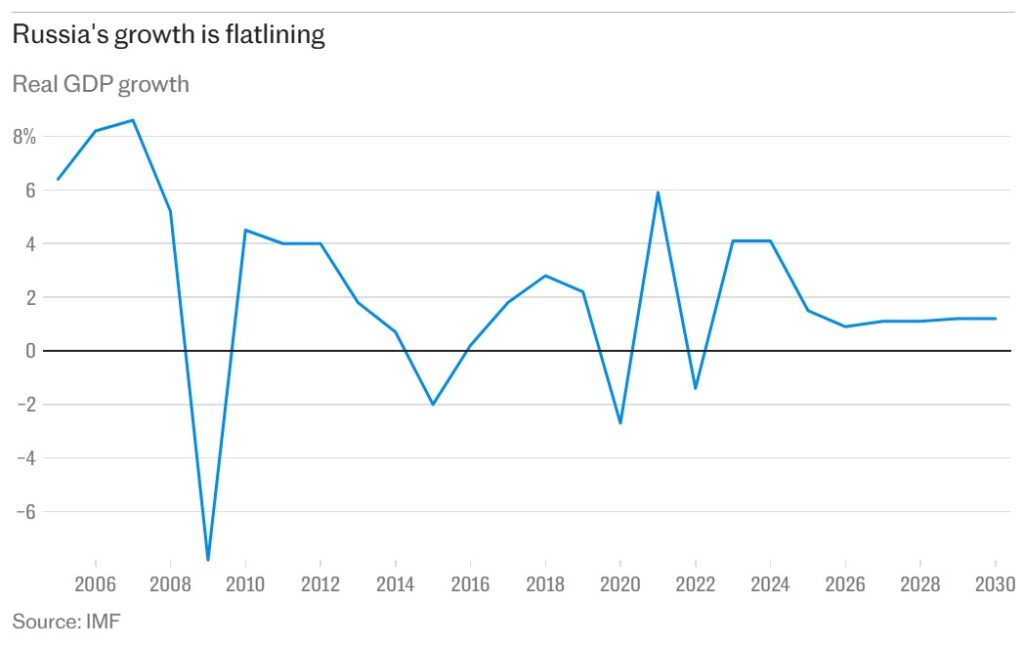

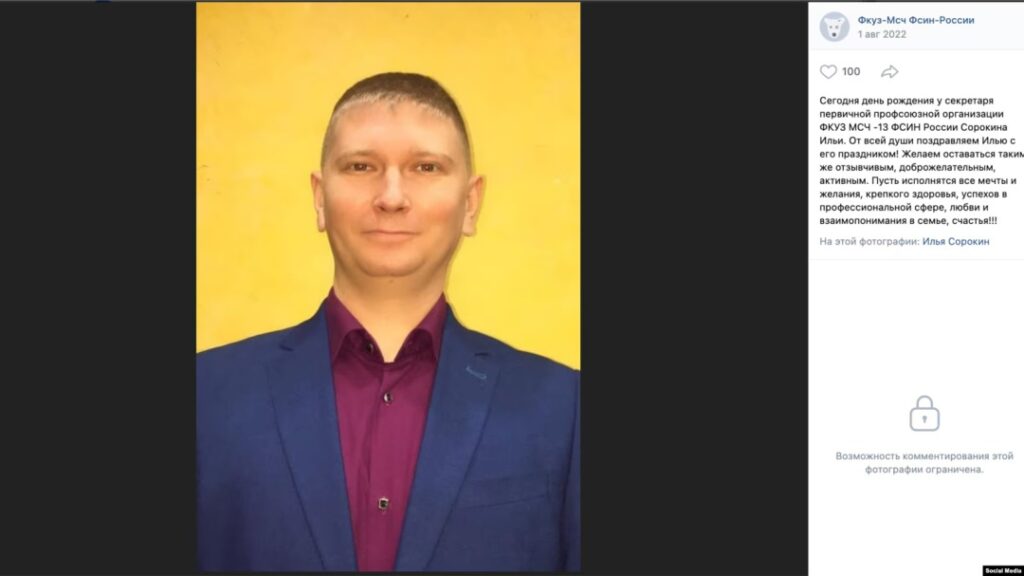



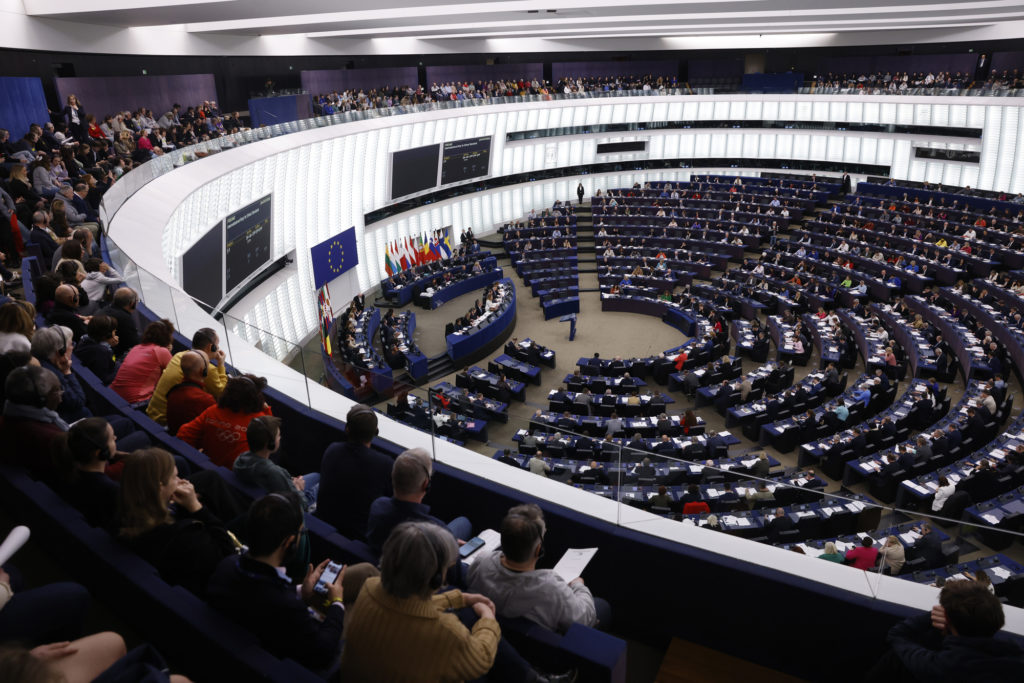
 ambassadors. They may return to the issue on Friday,”
ambassadors. They may return to the issue on Friday,” 



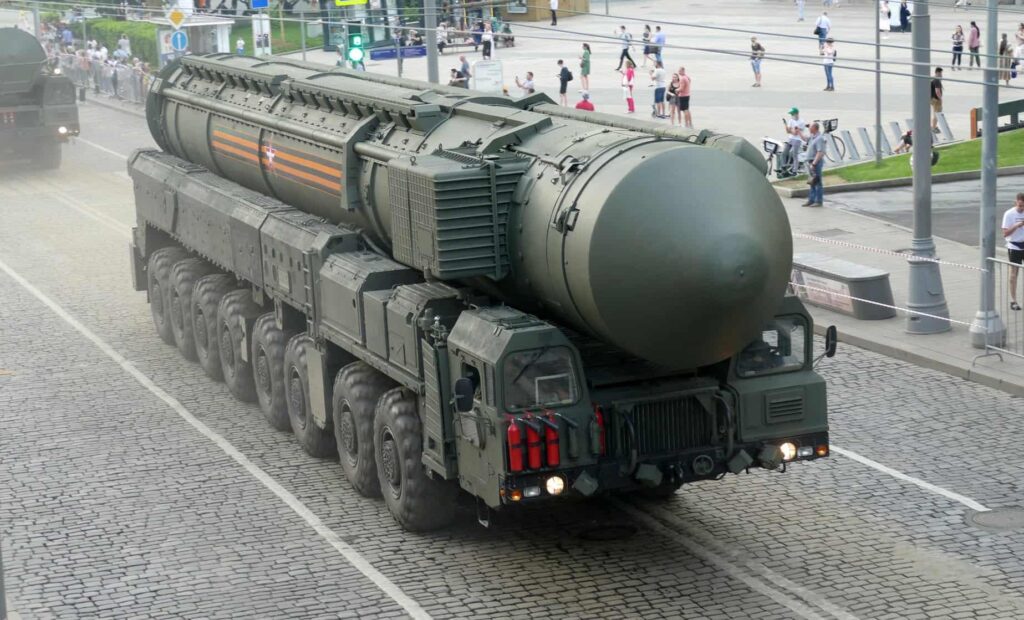
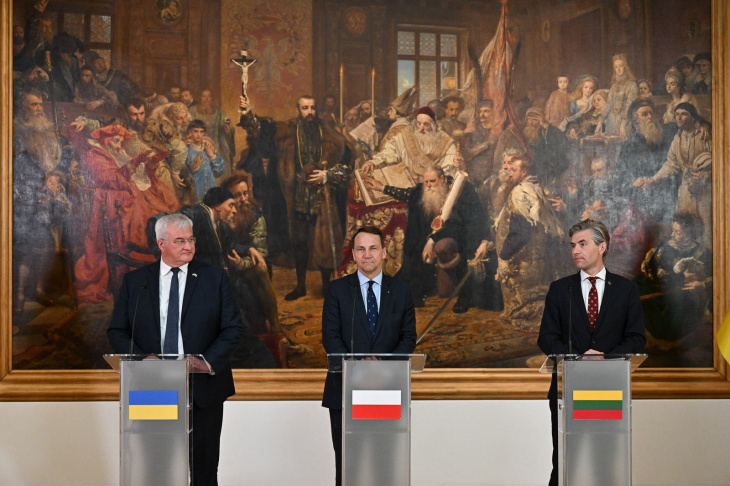
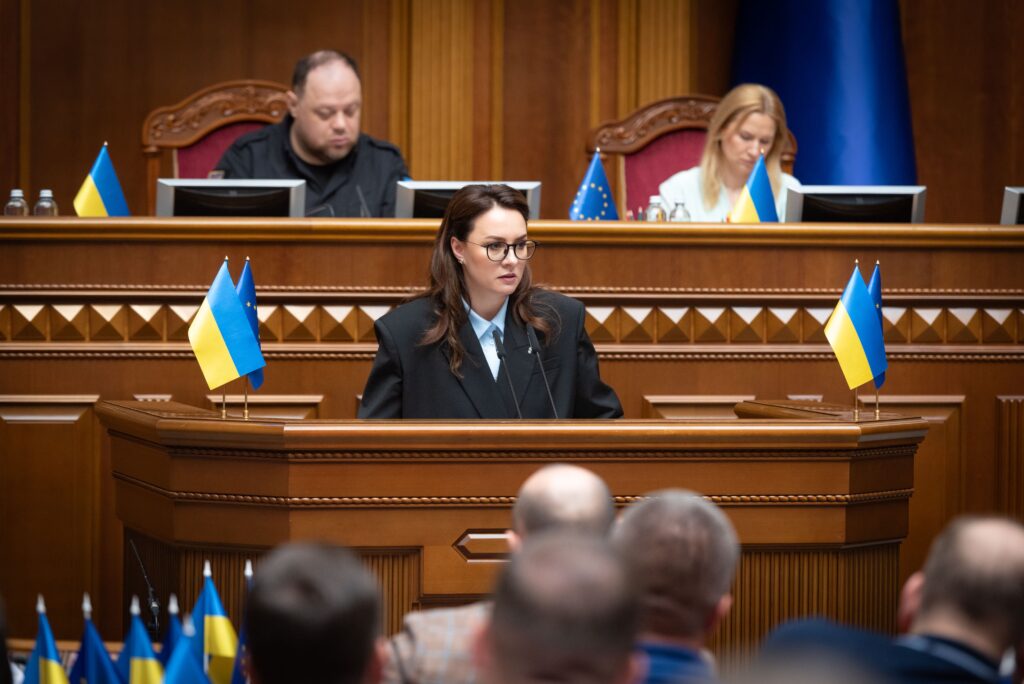
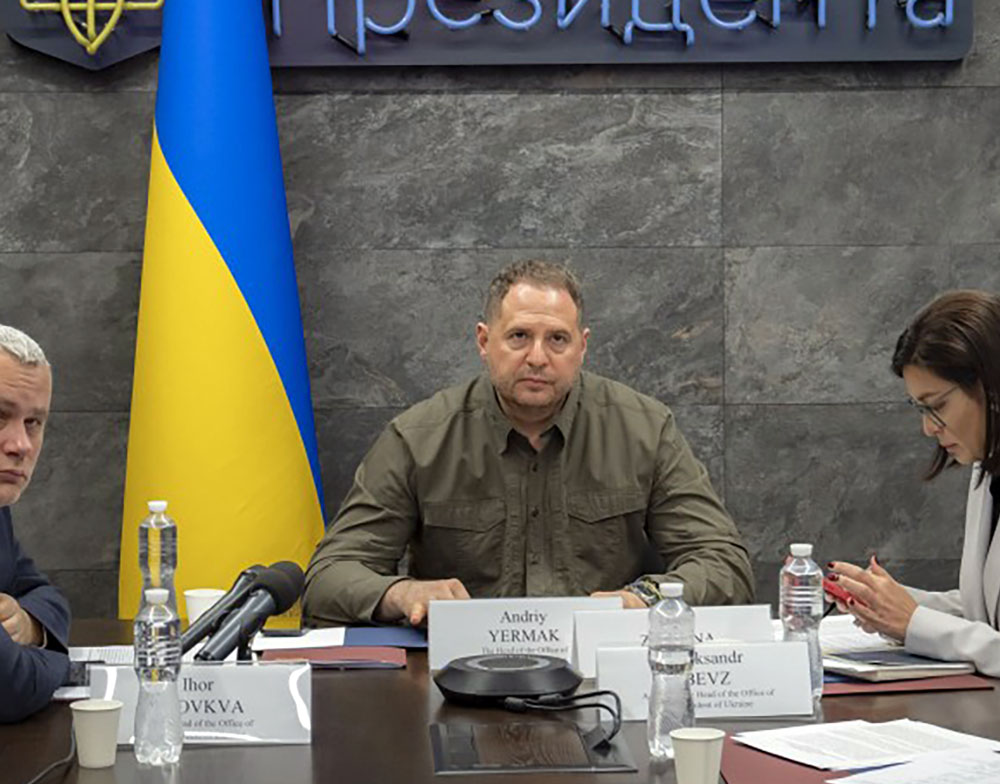

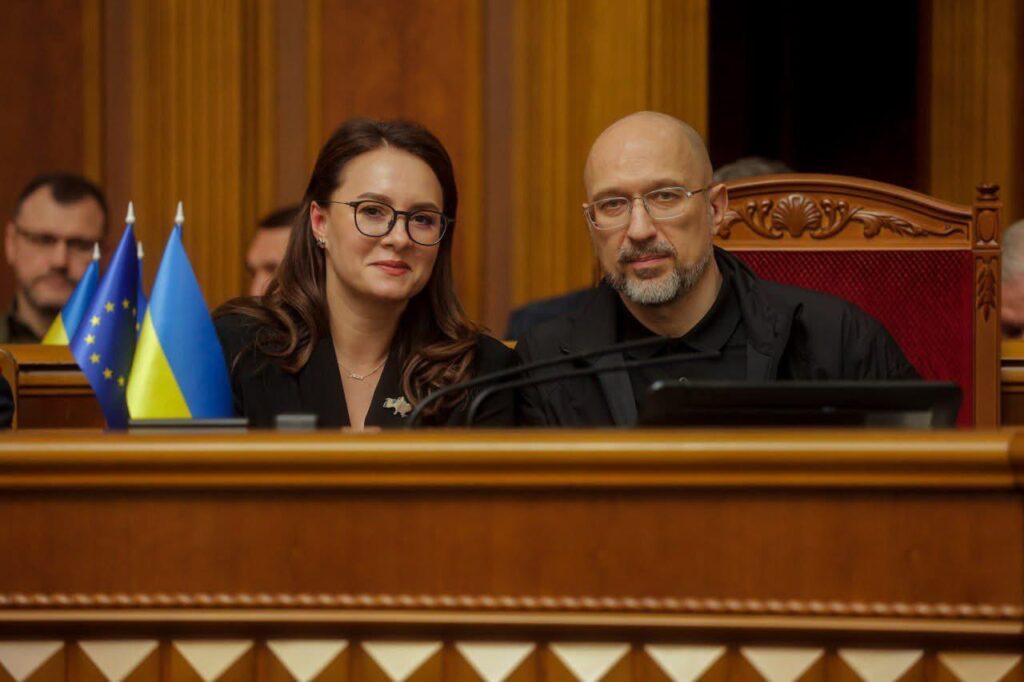
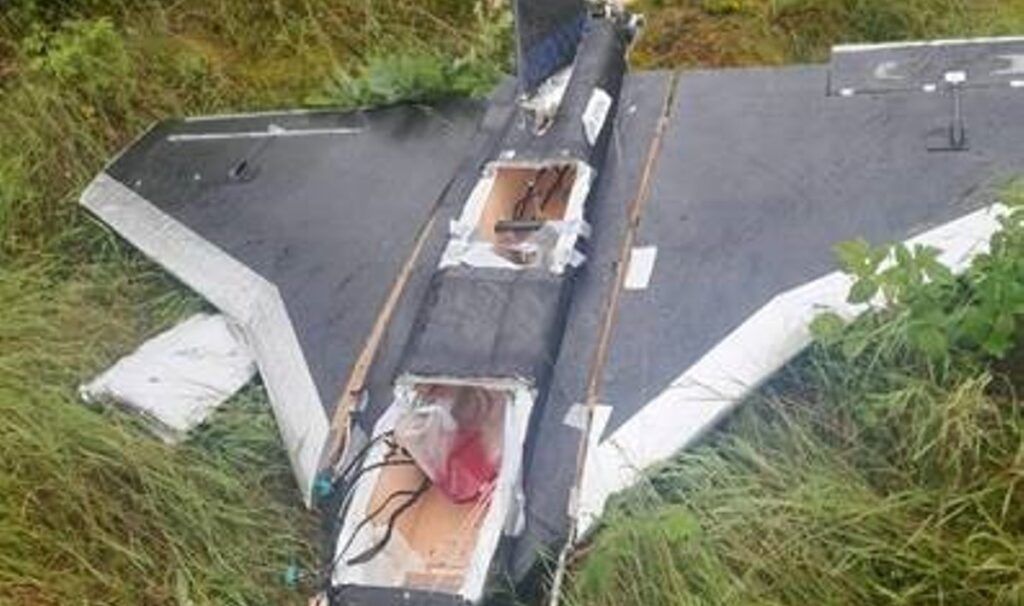

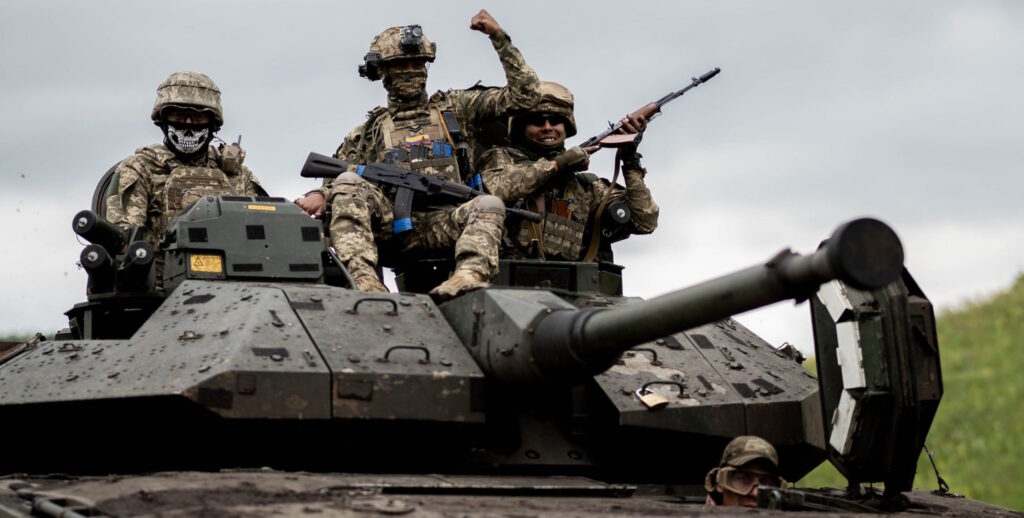
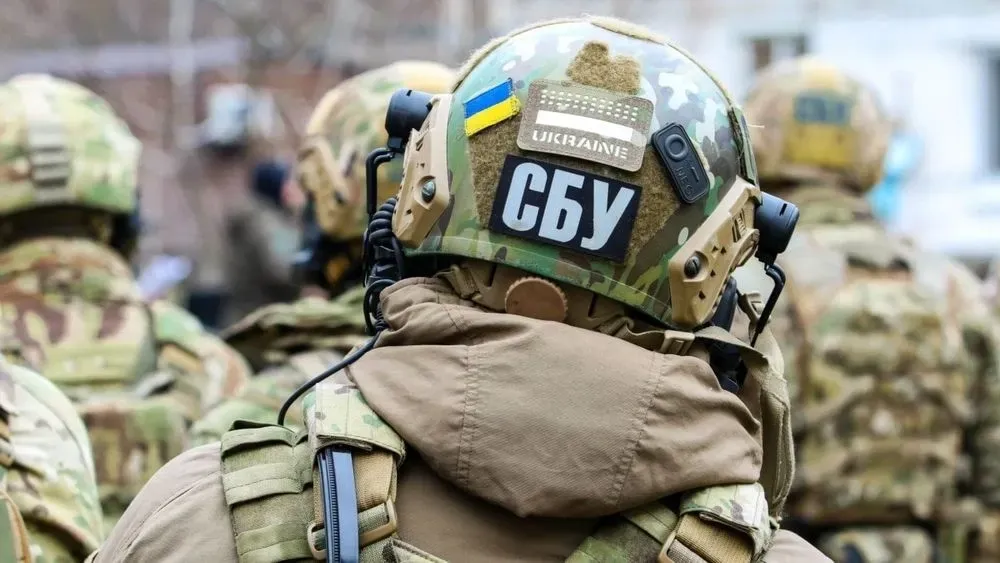
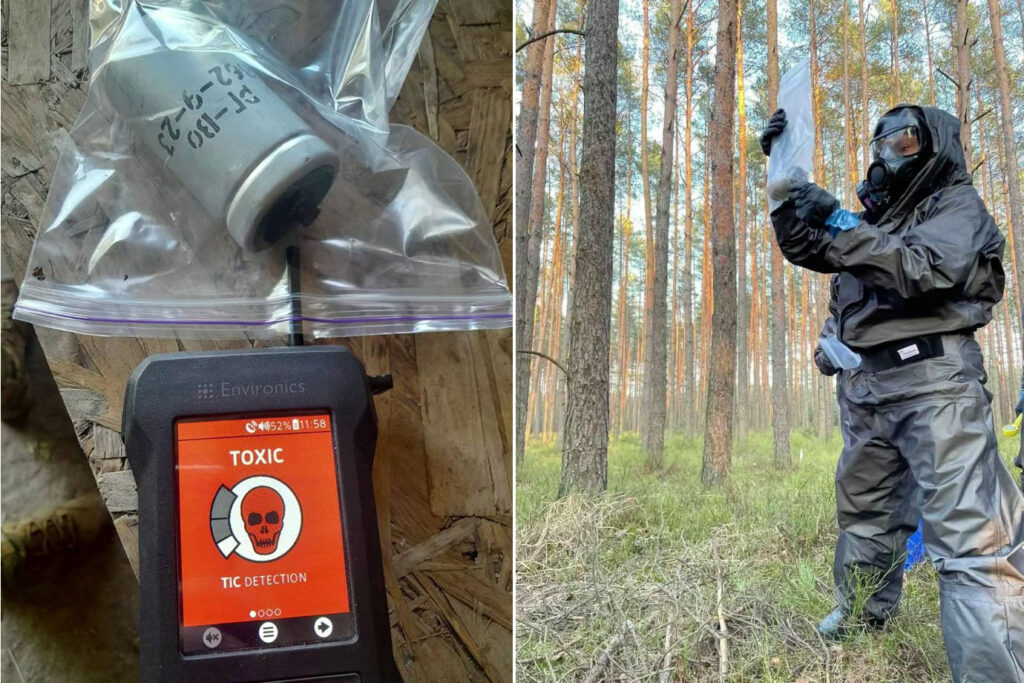

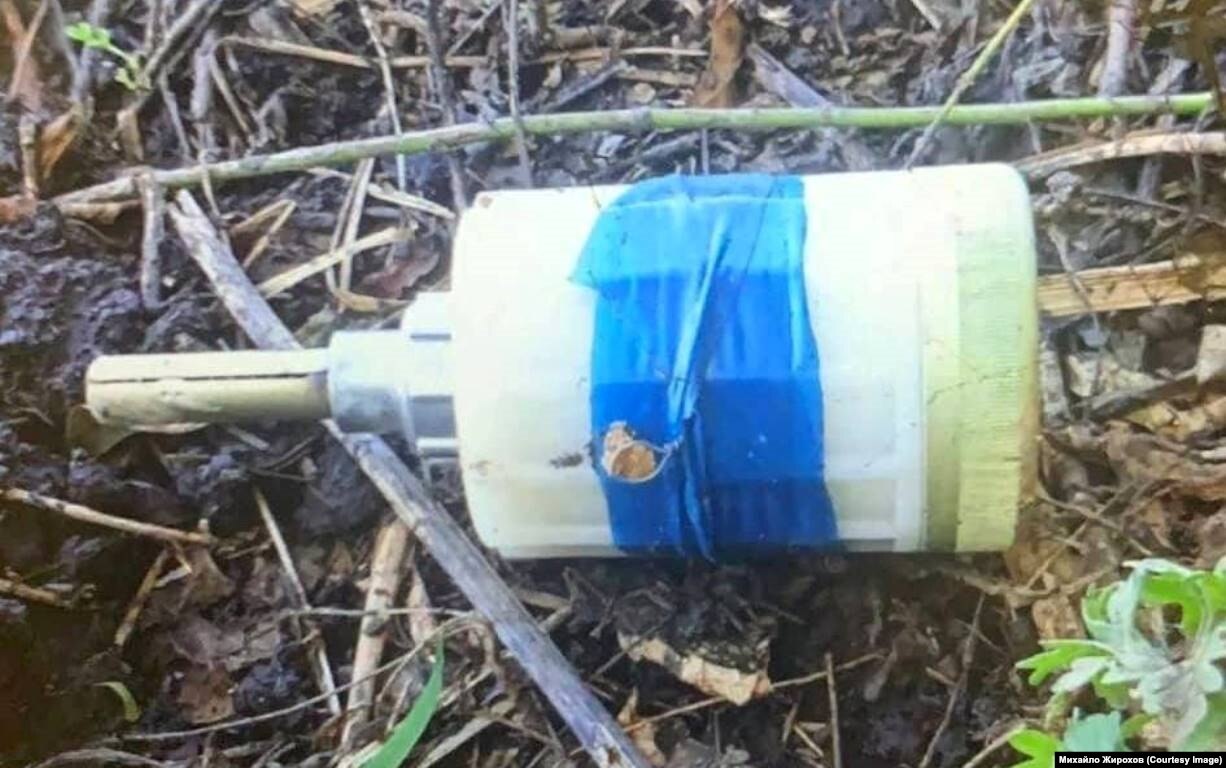
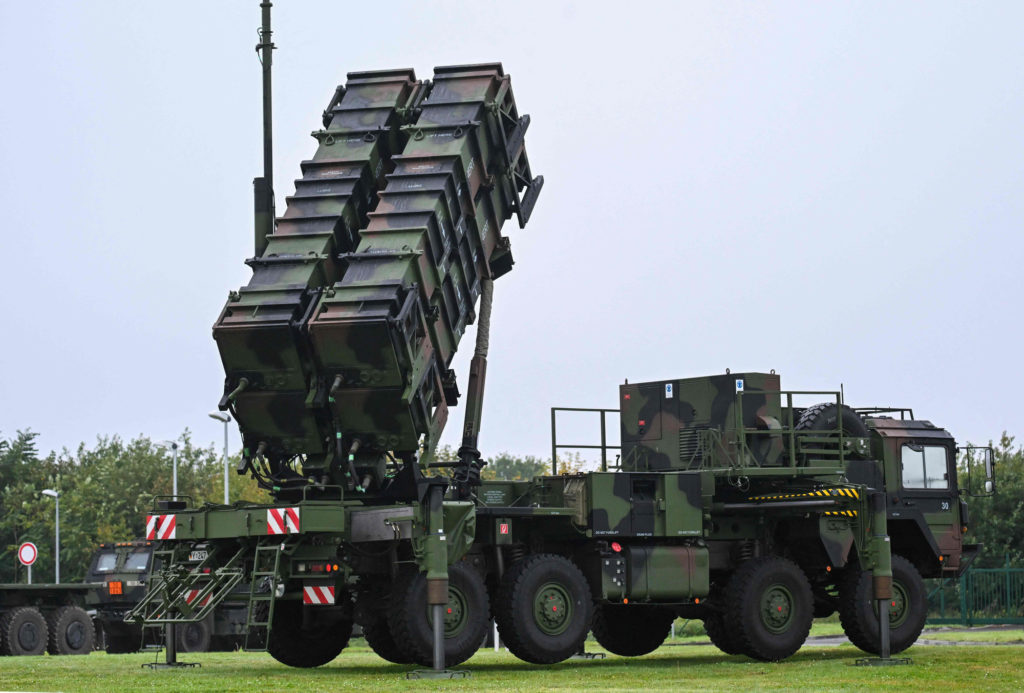
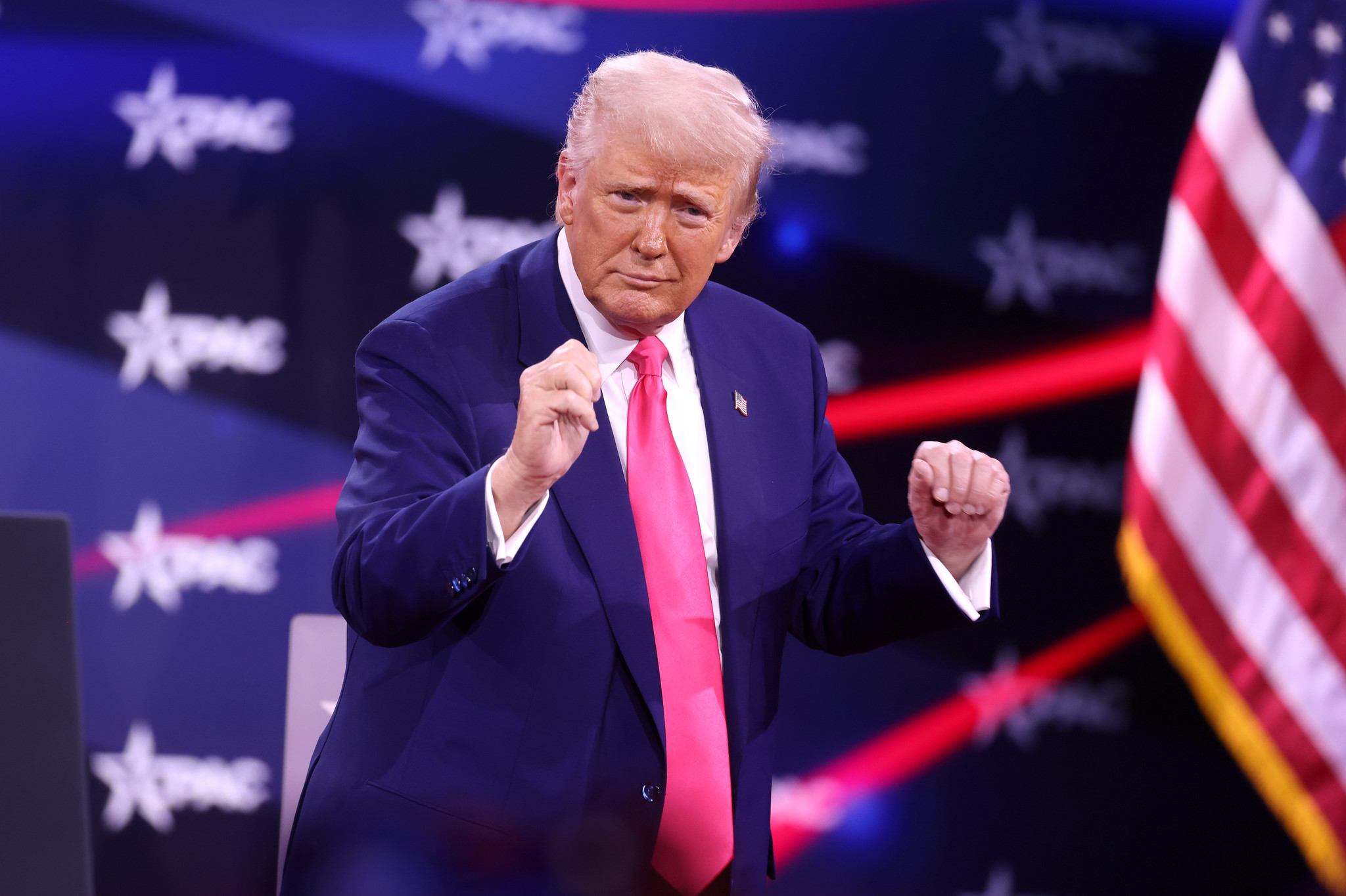
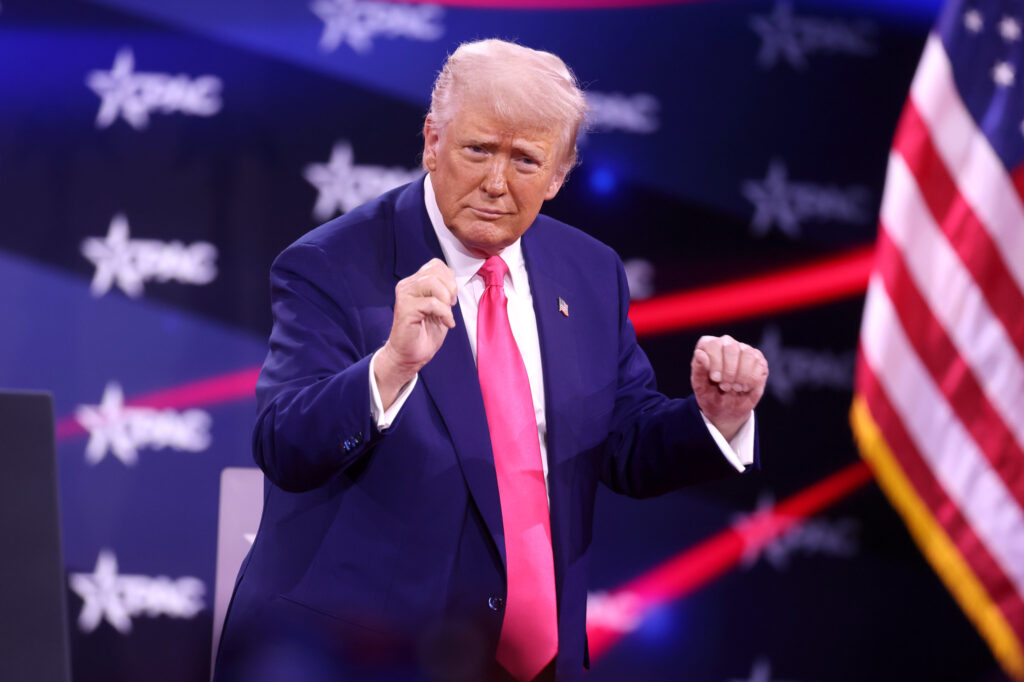
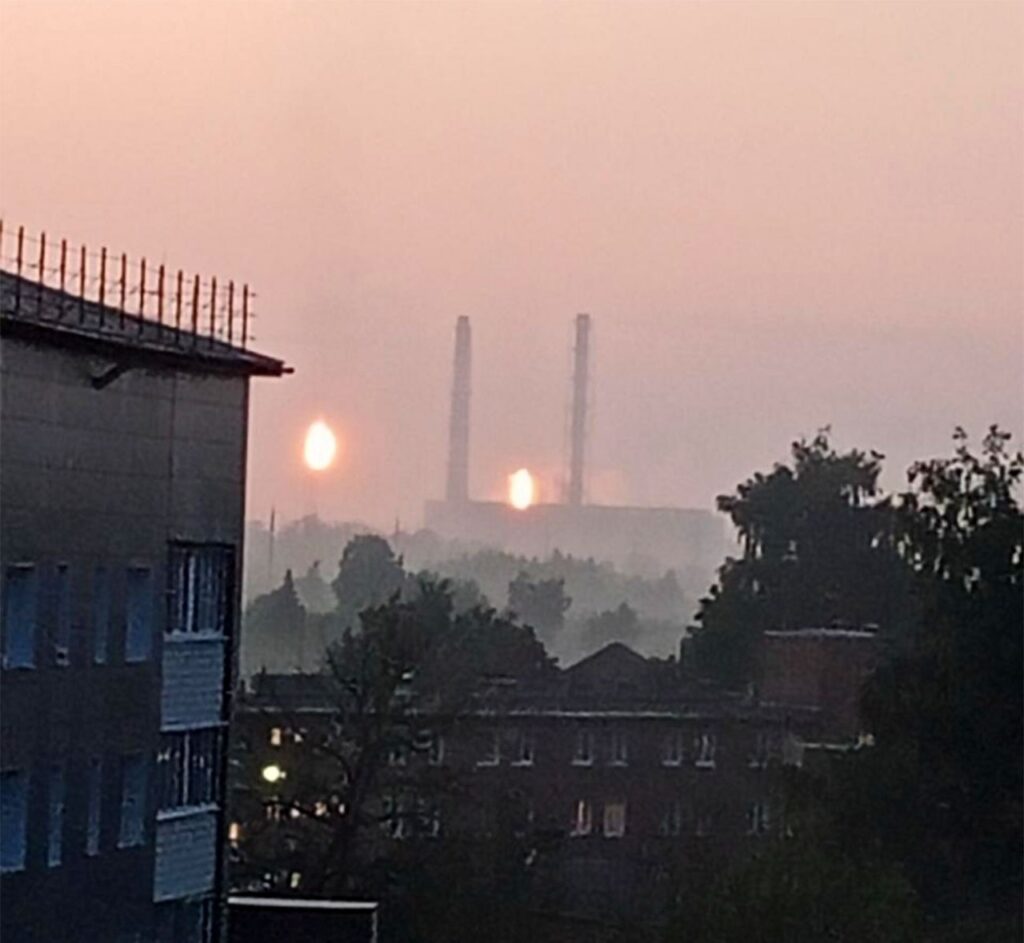
 #1-3 Tula, #4 Roslavl, by TG/Supernova+
#1-3 Tula, #4 Roslavl, by TG/Supernova+ 